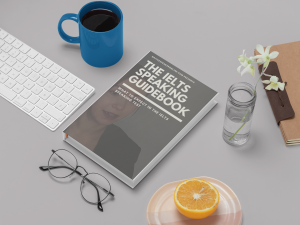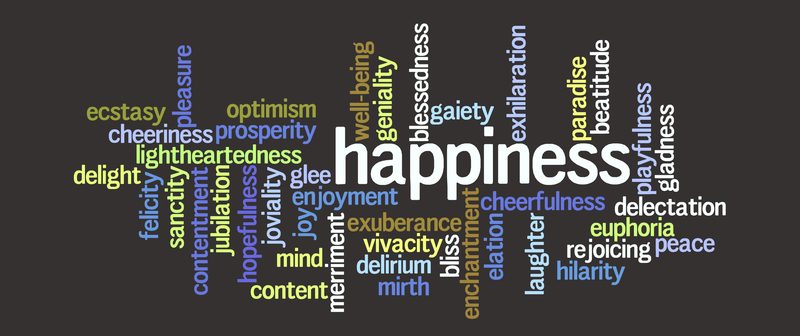If you want to get a high band in the IELTS Speaking test, you should already know that using less common synonyms of common words will help you get a higher score for Lexical resource. So in this post, I’m going to talk about synonyms in more detail.
What are synonyms?
A synonym is a word or phrase that means exactly or nearly the same as another word or phrase. For example, ‘tough’, ‘hard’ and ‘tricky’ are synonyms of the adjective ‘difficult’.
Why use synonyms?
IELTS examiners like to hear synonyms of common words because this shows that you have a wide vocabulary. Candidates who repeat the same simple words all the time typically do not get a high score for lexical resource. Now you don’t have to use less common synonyms in every sentence, but it helps to use them from time to time in a natural way.
How can I learn to use synonyms?
You have to be careful here. You should not just learn a list of words. You need to be able to use them in the right context. For example, ‘picturesque’ is a synonym for ‘beautiful’ but usually when we are talking about places, not people. So when you come across a word or phrase that means nearly the same thing as another word or phrase, try to study some examples of its use, e.g. by searching for it in Google. And also remember that this is a speaking test, so avoid synonyms that are more suitable for formal writing (e.g. don’t say ‘I reside in India’ instead of ‘I live in India’.)
How about some examples of synonyms in use?
Sure. In many of the IELTS Speaking vocabulary tips in my blog, I give examples of useful synonyms. Here are a few others:
It was a very tricky (= difficult) question.
The cake was mouthwatering (= extremely delicious).
We forgot to bring umbrellas so we were absolutely soaked (= very wet).
Computer are very essential (= important) in the modern world.
I decided to go for a stroll (= a relaxing walk) in the park.

This FREE eBook Shows You What Kinds of Tasks and Questions to Expect in the IELTS Speaking Test.

Leave a Reply